New Wave of Police Brutality and Racial Terror - Alton Sterling Murdered in Deep South; Philando Castile Slain in North
- Stop Asking African-Americans to be Calm in the Face of Police Brutality and Racial Terror - Shaun King (New York Daily News)
- When Black Lives Don't Matter: Police Kill 136 Blacks Since January - Terrance Heath (Campaign for America's Future)
- 2 Black Men Killed. 2 Days. - ColorofChange.org
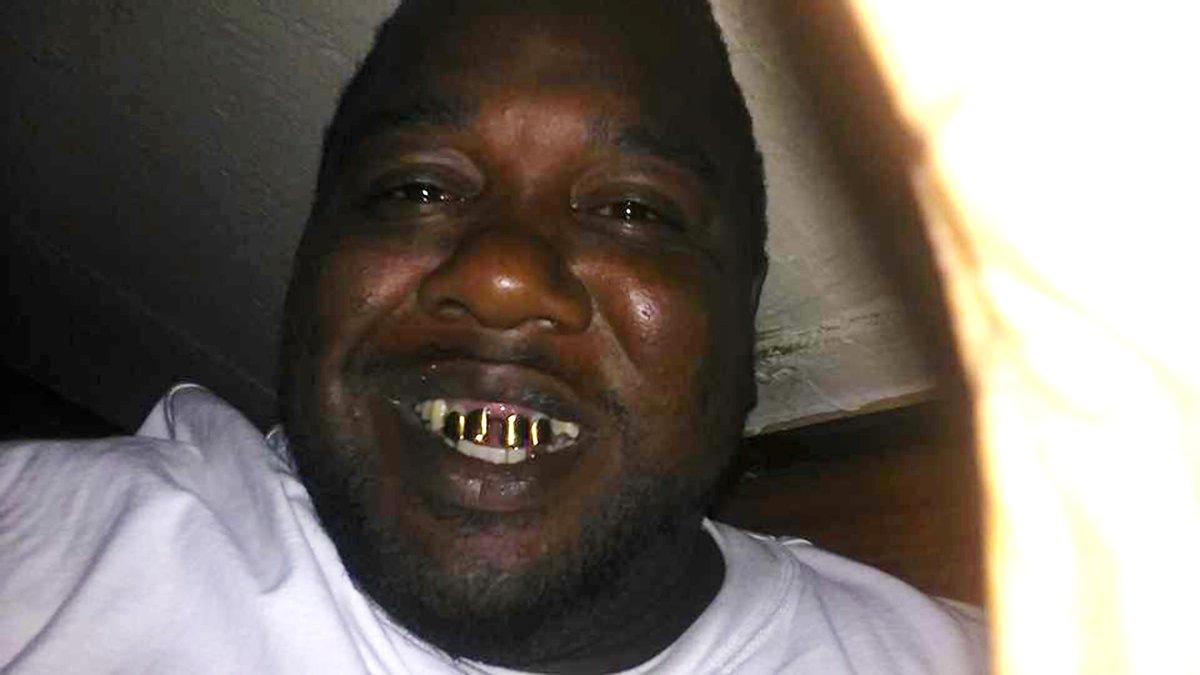
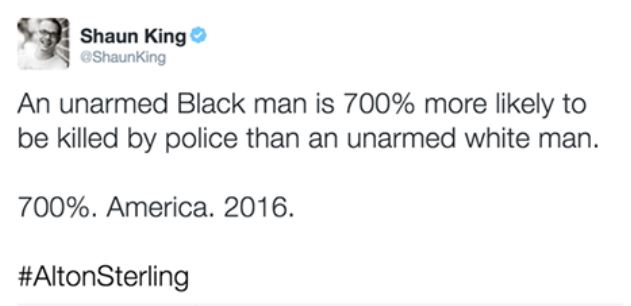
It happened again this week, as it has happened more than 100 times so far this year. Police in Louisiana and Minnesota shot and killed two more black men.
Police-involved shootings of black men in Louisiana and Minneapolis made headlines this week. But as People’s Action said in a statement today, it’s actually worse than what we see on the national news. Since the beginning of the year, police have killed 136 black people. This week, just two stories gained national and worldwide attention.
Alton Sterling
On Tuesday, police officers in Baton Rouge, La., shot and killed a 37-year-old father of five, Alton Sterling. Officers were responding to a 911 phone call from a homeless man who had repeatedly approached Sterling asking for money. The caller claimed that a man in a red shirt — who may have been Sterling — selling CDs outside a Baton Rouge convenience store, had allegedly threatened him with a gun.
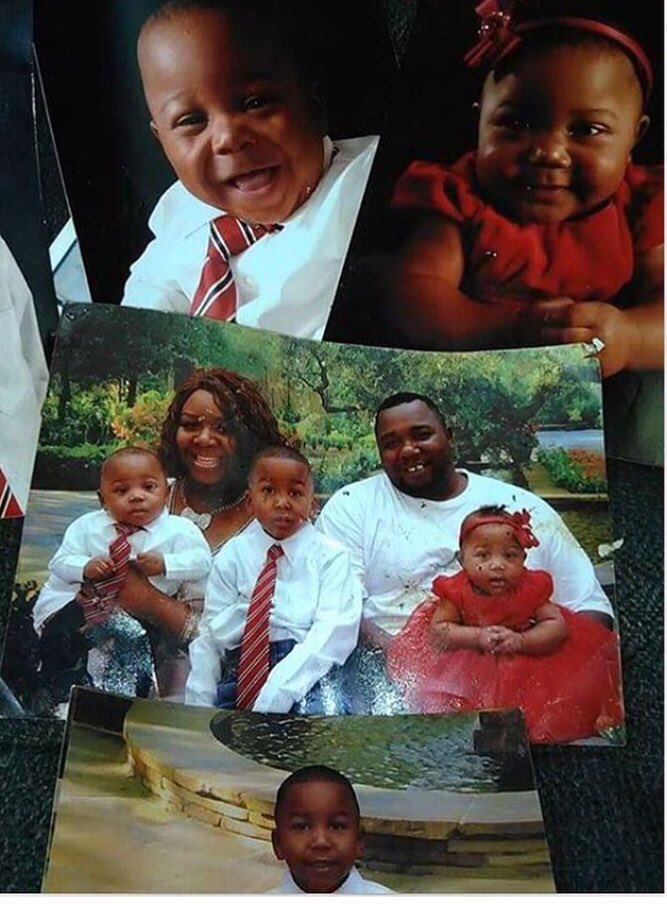
Bystander video from a nearby car shows white police officers Blane Salamoni and Howie Lake II approaching Sterling. A single pop is heard, which may be the taser Muflahi said police used before shooting Sterling. A police officer is heard yelling, “Get on the ground! Get on the ground!” One officer appears to tackle Sterling over the hood of a car, and another officer assists him in pinning Sterling to the ground.
One officer pulls Sterling’s left arm down. Sterling’s right arm is not visible. “He’s got a gun!” an officer yells, “Gun!” The second officer points a weapon down at Sterling’s chest. Several shots are heard, and seconds later Sterling is shown with a large blood stain on his chest.Cellphone video recorded by Muflahi, shot within the store and close to the incident, shows that Sterling apparently was not holding a gun or behaving in a threatening manner when police fired at him. Muflahi says he saw an officer remove a gun from Sterling’s right pocket after the shooting.
Additional video of the incident likely exists. Body cameras worn by the police officers fell off during the struggle, and did not capture the moment when one of them shot and killed Sterling, but may have recorded the moments leading up to the incident. Muflahi said police asked for the surveillance footage from his store, but he refused to turn it over without a warrant. “I never received a warrant,” Muflahi said, but police took the video anyway.
Baton Rouge citizens have gathered in peaceful protest of Sterlings death, to call for justice.The president of the Baton Rouge chapter of the NAACP is calling on the city’s mayor and police chief to resign. Both the FBI and the Department of Justice are investigating the incident.
Philando Castile
Just a day after Sterling was shot and killed, police officers in Falcon Heights, Minn. — a St. Paul suburb — shot and killed 32-year-old Philando Castile during a routine traffic stop, while he was in a car with his girlfriend and her seven-year-old daughter.
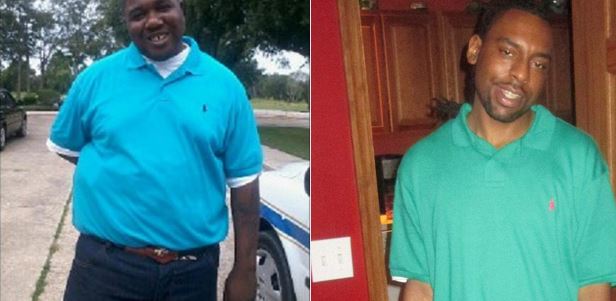
Reynolds livestreamed the aftermath of the shooting on Facebook Live. BBC News published a transcript of the livestream. Castile is seen in the video, with his shirt covered in blood, as the police officer stands outside the car with his gun pointed at Castile. “Stay with me,” Reynolds says, and then addresses the camera, We got pulled over for a busted taillight in the back… …and the police just…he, he’s covered – they killed my boyfriend. He’s licensed, he’s licensed to carry.“
As Castile groans loudly, Reynolds describes events before she began filming, ”He was trying to get out his ID in his wallet out of his pocket, and he let the officer know that he was… that he had a firearm and that he was reaching for his wallet. And the officer just shot him in his arm. We’re waiting for…”
Reynolds is heard on the video contradicting the officer’s version of events even as she complied with his orders to keep her hands visible, “Yes I will, I’ll keep my hands where they are… Please don’t tell me this, Lord. Please, Jesus, don’t tell me that he’s gone. Please don’t tell me that he’s gone. Please, officer, don’t tell me that you just did this to him. You shot four bullets into him, Sir. He was just getting his licence and registration, Sir.” She continued live streaming even as she and her daughter were detained at the scene. Castile later died of his injuries at the Hennepin County Medical Center.
As of noon on Thursday, the video has been viewed more than 3 million times. News of Castile’s death and the spread of Reynolds’ video sparked protests from citizens and spurred officials to call for action. Minnesota governor Mark Dayton has asked the Department of Justice to begin an immediate federal investigation in to Castile’s killing.
When Black Lives Don’t Matter
When black sanitation workers in Memphis went on strike over degrading and even deadly working conditions in 1968, they wore signs bearing a simple declaration: “I am a man.” It was a simple and bold statement of what should have been obvious, at a time when black men were not treated as, or even called, men.
Likewise the eponymous hashtag and slogan of the Black Lives Matter movement declares what should be obvious, but is not borne out by the reality of 136 black people killed by police this year. That won’t change until we end the practices and policies that lead to these killings in the first place. We must demand:
● Impartial investigations of the taking of any life by police, and serious consequences when the taking of a life is unjustified. The Justice Department should investigate and prosecute police-involved killings.
●An end to “broken windows” policing, which focuses policing on minor infractions and can often lead to escalation and death. Eric Garner, who was strangled to death by police two years ago on July 17, is a prime example.
● Removal of the profit motive from police, courts and prisons. End private prisons, excessive fees and fines, asset forfeiture and other policies that criminalize whole communities and drive more police contact and aggression.
● Finally, an end to the system of mass incarceration, which aims to solve social problems through a robust police state, extreme sentences and police violence. Tweaking the system isn’t enough, it must be dismantled.
Black lives matter to black Americans, just like Sterling and Castile mattered to their friends, families, loved ones and communities. The problem is they don’t matter to a system that Supreme Court Justice Sonia Sotomayor, in her recent dissenting opinion in Utah vs. Strieff, to a system that treats us like we “are not a citizen of a democracy but the subject of a carceral state, just waiting to be cataloged.”
As long as such a system stands, we will see more Alton Sterlings and Philando Castiles.
In Falcon Heights, MN, 32-year-old Philando Castile’s death by police was caught on video less than 24 hours after the police executed Alton Sterling in Baton Rouge. It's just as devastating, just as infuriating to wake up to this for the second day in a row. Just last Tuesday, Alton was selling CDs outside a local store, like he always does, when police arrived on the scene. The police tased him, held him down on the ground, and shot him in the chest and back. In the witness-recorded video, you can hear the officer shouting "If you f---ing move, I swear to God!"
“ men, women and children are being executed by the police and there are no consequences.”
- Valerie Castile, Philando Castile’s Mother
Two years after Ferguson, police induced murders are continuing and our elected officials haven’t taken enough action to end state violence happening toward Black people.In fact, political officials have taken even more action to protect police from being held accountable for the violence they are inflicting on Black communities. Louisiana recently passed a Blue Lives Matter law that will allow people to be charged with hate crimes for conflicts with police.
This year, police have killed 561 people so far. Why do we need laws that will enable them to kill Black people even more?
The FBI and the Department of Justice Civil Rights Division will be leading an independent investigation into Alton Sterling’s murder and Gov. Mark Drayton has called for their intervention in Philando Castile's case--we need to make sure they bring charges and hold these murderous cops accountable.
Will you stand with us and call for the DOJ to bring charges on Philando and Alton’s killer cops and to open an investigation into Philando’s death, in addition to the one they have already began for Alton?
Dear Attorney General Lynch,I am writing to urge you and the Department of Justice to bring charges against the Baton Rouge police officers who killed Alton Sterling as well as Falcon Heights police officers who killed Philando Castile. Over and over again, we have been forced to witness the killings of Black people on video without any accountability. Local prosecutors have proven to be almost completely opposed to bringing charges against police. Now that the Department of Justice is leading the investigation, you have the authority to swiftly resolve this tragedy by prosecuting the officers who treated Alton Sterling and Philando Castile's life with such disregard.Both you and President Obama have repeatedly emphasized the need to build trust between police and communities but how can Black communities trust law enforcement when even the worst police killings don't result in any consequences for officers. Please make the right choice and bring charges against these officers.Thank you[Your Name]

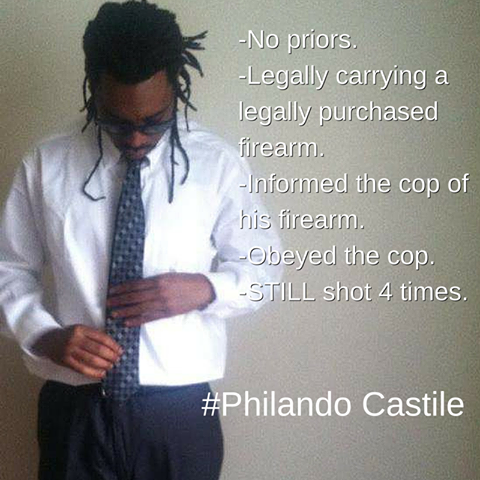
Spread the word